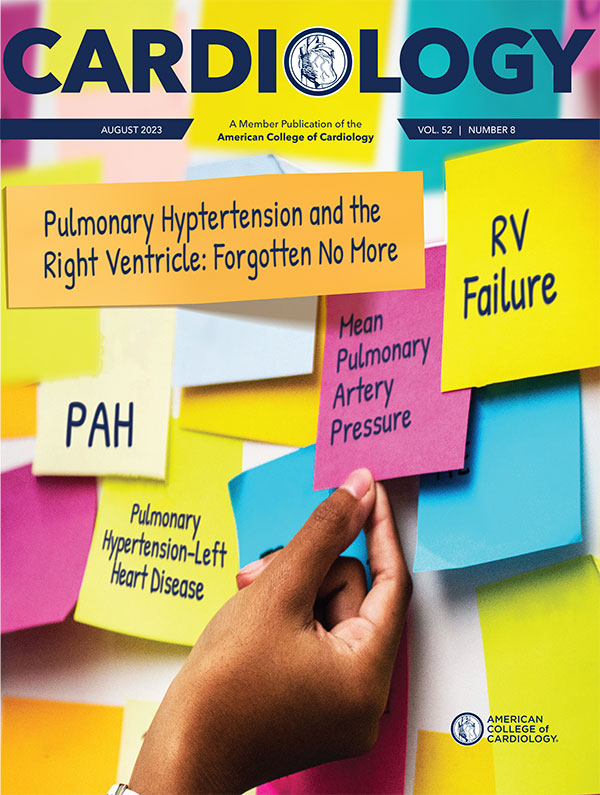Prioritizing Health | Sizzling Summer Health and Wellness Tips

A long with vacations, days at the beach, and time to slow down with family and friends, summer also brings some seasonal health risks, primarily associated with high temperatures. This year, these risks are exacerbated more than normal as a result of global extreme heat and weather events, reduced air quality caused by smoke from large-scale wildfires, and even cases of malaria in the U.S. not related to travel for the first time in more than two decades. Individuals with cardiovascular disease and/or underlying risk factors are most at risk for adverse events. Here are some tips and reminders for talking with patients about staying healthy and well this summer.
Eat Local!

Indulge in summer's bounty of fresh fruit and vegetables. Search out local farmer's markets or gardens and make produce the star of the show, from salads to grilled vegetables to stir fries and more. Don't forget the fruit cobblers and save the date for National Watermelon Day on Aug. 3.
Check the Heat Index and Air Quality Everyday: Remind patients that extreme heat is especially dangerous for them and to check local weather reports to stay up to date with the heat index and to plan the timing of outdoor activities. If they must go outside, schedule activities for the early morning or early evening when the temperatures and the intensity of the sun can be lower. Want to check the local air quality? Visit airnow.gov and enter your zip code.
Stay Cool: Be sure to ask patients if they're able to stay cool at home with either air conditioning or fans. For those who can't, share a list of local cooling locations, increasingly common in towns and cities of all sizes.
Stay Hydrated: Talk with your patients about how much they need to drink to be hydrated in the extreme heat and during outdoor activities. Suggest water instead of sugary or alcoholic drinks to reduce calories and stay safe. Early symptoms of dehydration include thirst, dry or sticky mouth, dry skin, headaches, muscle cramps and less or dark yellow urine.
Wear Sunscreen and Insect Repellent: Encourage patients to use a broad-spectrum sunblock with at least SPF 30 and to remember their wide-brimmed hats and light clothing to cover up well. Sunblock should be applied before insect repellant and reapplied after two hours and after swimming.

Climate Crisis RX
Recognizing the need to address the threats to cardiovascular health posed by climate change, the ACC Board of Governors has convened a Climate Change Work Group to develop education and resources for patients, clinicians, hospitals and health systems, lawmakers and other stakeholders.
Chaired by Colin Phillips, MD, FACC, ACC governor for Maine, and supported by ACC Board of Governors (BOG) Chair Nicole Lohr, MD, FACC, and Immediate Past Chair Malissa Wood, MD, FACC, early Work Group efforts are focused on creating patient-facing infographics to help educate patients about the cardiovascular effects of air pollution and how to mitigate the worst impacts. Future efforts will address topics ranging from tips for heart and climate healthy meals to opportunities to minimize carbon footprints through reductions in medical waste.
"This is an ongoing project that requires everyone's input to address the great challenges that remain on the horizon," says Phillips. "Look for opportunities in the coming year to take part in member surveys and help share resources as they are developed.
Symptoms of Heat-Related Illness

When temperatures reach sweltering levels, it can be dangerous and potentially deadly. According to the Centers for Disease Control and Prevention, extreme heat sends more than 65,000 Americans to the emergency room each year. Remind patients to be aware of signs and symptoms and immediately call 911 for emergency medical care.
Symptoms of heat-related illness include:
- Headache
- Nausea
- Dizziness
- Weakness
- Irritability
- Thirst
- Heavy sweating
- Elevated body temperature
- Decreased urine output
Keywords: ACC Publications, Cardiology Magazine, Extreme Heat, Cities, Smoke, Sunscreening Agents, Climate Change, Thirst, Cardiovascular Diseases, Dehydration, Risk Factors, Malaria, Centers for Disease Control and Prevention, U.S.
< Back to Listings


